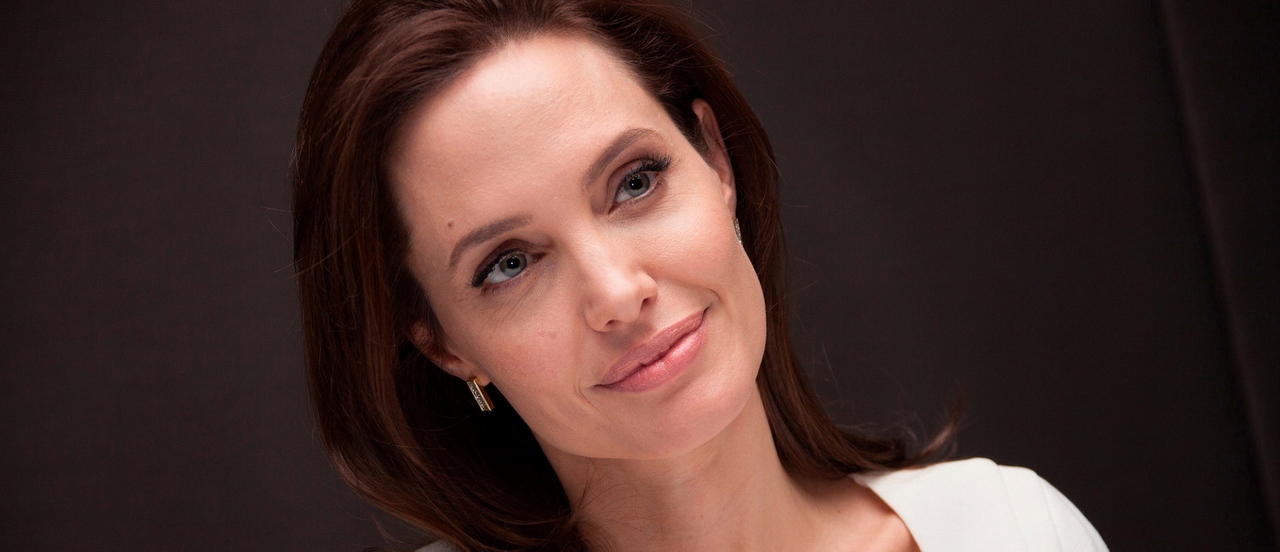“She just has perfect genes” When you look at someone like Angelina Jolie: beautiful, famous, successful…oh, and is the wife of Brad Pitt. It’s easy to be envious, but her story is far from perfect. Those “flawless” genes predicted a future that would change her life, forever.
Cancer runs in Jolie’s family. Through genetic testing, she learned that she had an 87% chance of developing breast cancer. In 2013, she decided to undergo a voluntary double breast amputation (mastectomy) to prevent getting the cancer.
Two years later, testing showed signs of possible ovarian cancer; she had a preventative ovariectomy (removal of her ovaries). However, due to gene irregularities, her chances of developing the cancer only dropped to 50%.
To try and fix the gene abnormality, she had hormone replacement therapy (HRT) and this resulted in premature menopause – Jolie was only 39-years-old.
We cannot deny genetic testing gave her knowledge; she was able to take preventative measures, but it took two major surgeries and accepting a premature menopause, each of which have their own risks. So, was it worth it?
Putting the future on hold
There are mixed feelings among experts. Craig Venter was part of the team that sequenced the first gene in 2003, and supports genetic testing: “Right now, people wait until they have symptoms before going for treatment, and quite often, at that stage it is too late,” he said. “With the help of [genetic] testing, people can prevent disease at an earlier stage of their lives, be healthier and live longer.”
And his opinion makes perfect sense. Of course you would want to know if you were at high risk for getting a disease; you won’t have to experience any of the symptoms! It sounds like a no-brainer, right?
But let’s look at this from another perspective. There are certain diseases that can’t be prevented. The potential emotional implications cannot be overlooked.
For example: if you found out that you are at risk for getting Huntington’s disease – an incurable brain disorder – that knowledge could affect how you live your life right now. No one reacts in the same way and you may develop severe depression and anxiety.
So, the news has the potential to create two more conditions that the patient may never have had, had they not been tested.
According to Genetics Generation, one of the major issues with predictive medicine is that there is now too much emphasis placed on your genes. Your lifestyle choices and environmental factors, also play a role. Depression is a prime example.
In her early 20s, Jolie suffered bouts of depression and at one stage, even tried to commit suicide. While researchers have found what has been called the Depression Gene, it isn’t possible to prove if everything that Jolie has gone through could not set off episodes of depression at some point in the future.
To test, or not to test? Is knowing your future health, worth the possible consequences of your wellbeing, right now?
Sources
http://www.nextavenue.org/pros-and-cons-genetic-testing/
http://www.nextavenue.org/why-predictive-health-should-be-future-medicine/
http://knowgenetics.org/dtc-genetics-pros-and-cons/
http://www.livescience.com/11041-10-deadliest-cancers-cure.html
http://www.healthline.com/health/depression/genetic#Overview1
http://edition.cnn.com/2013/05/14/showbiz/angelina-jolie-double-mastectomy/

